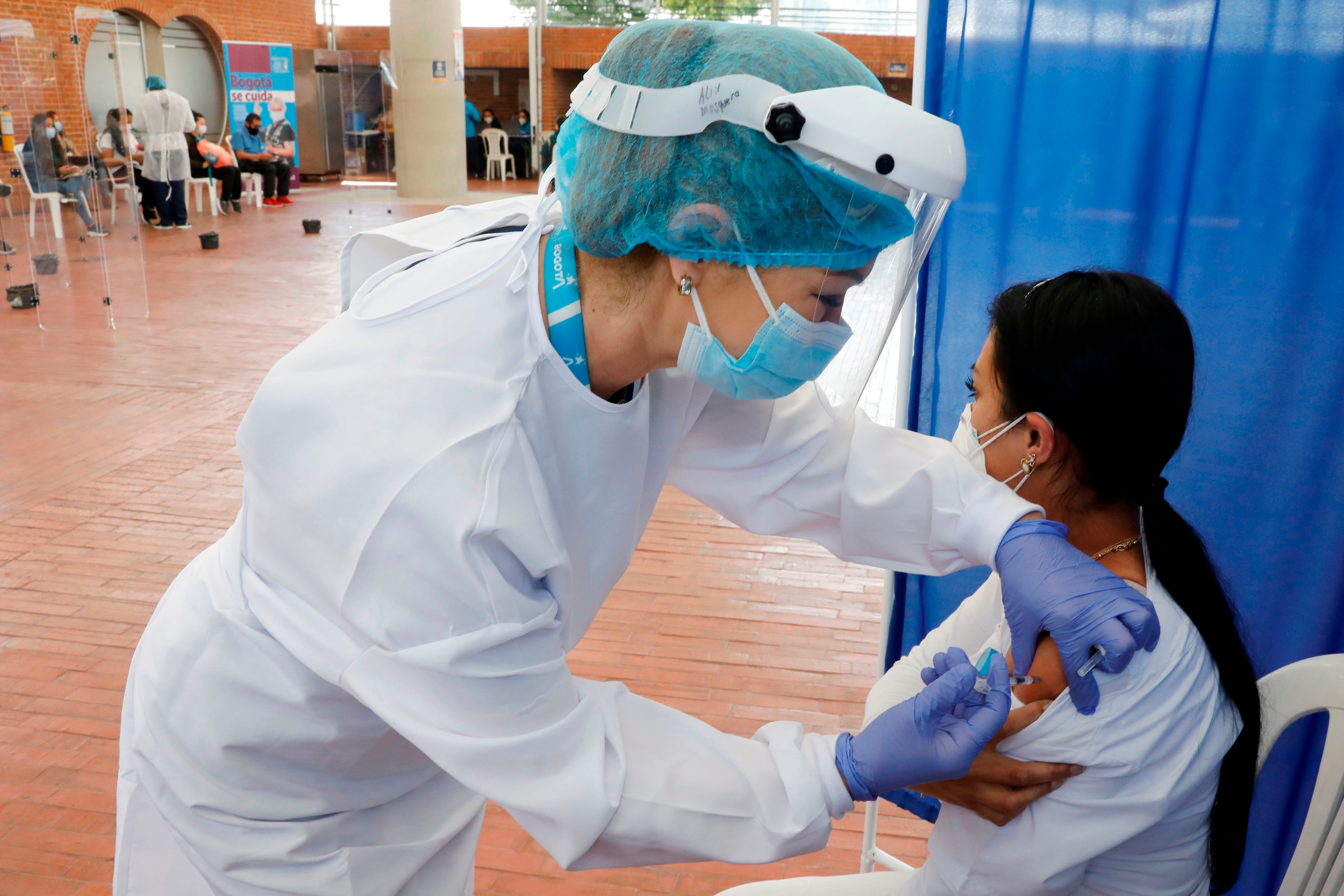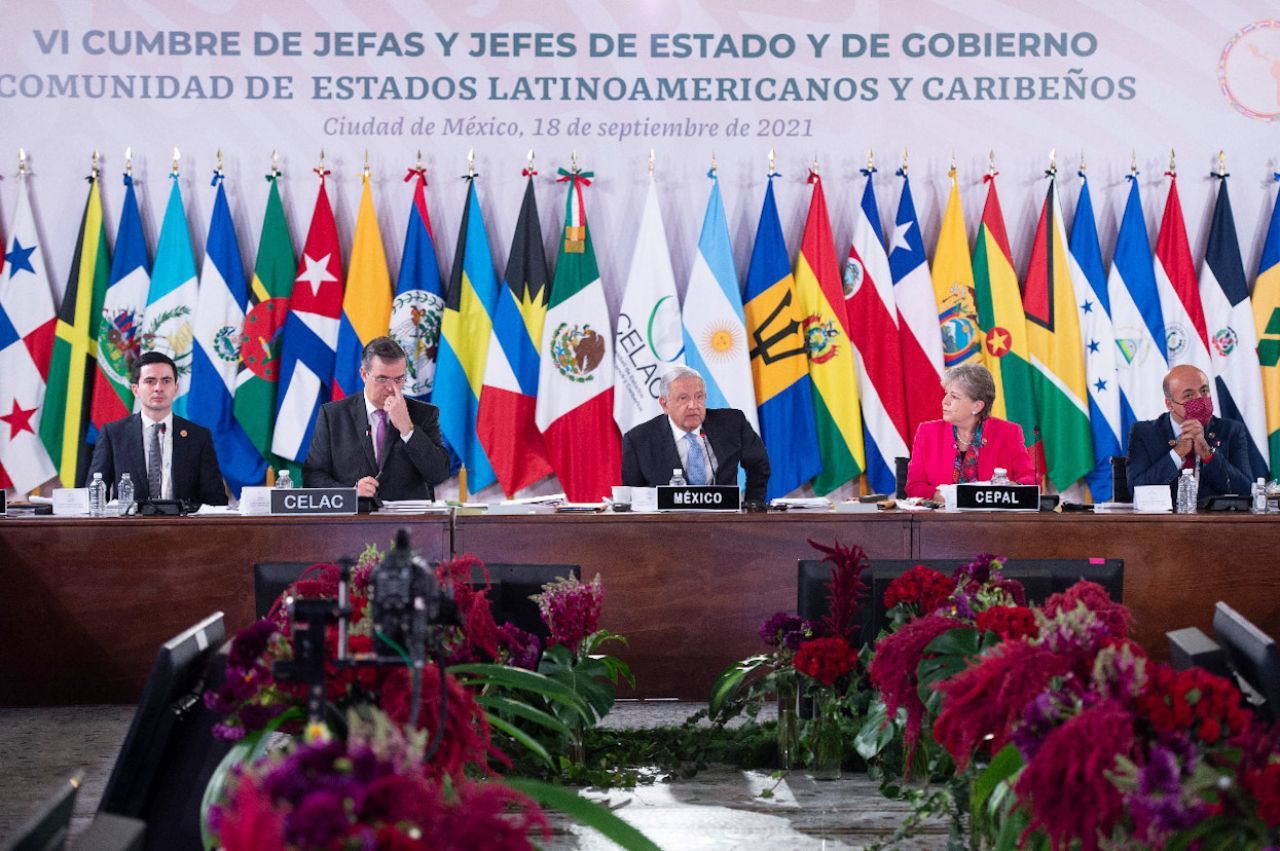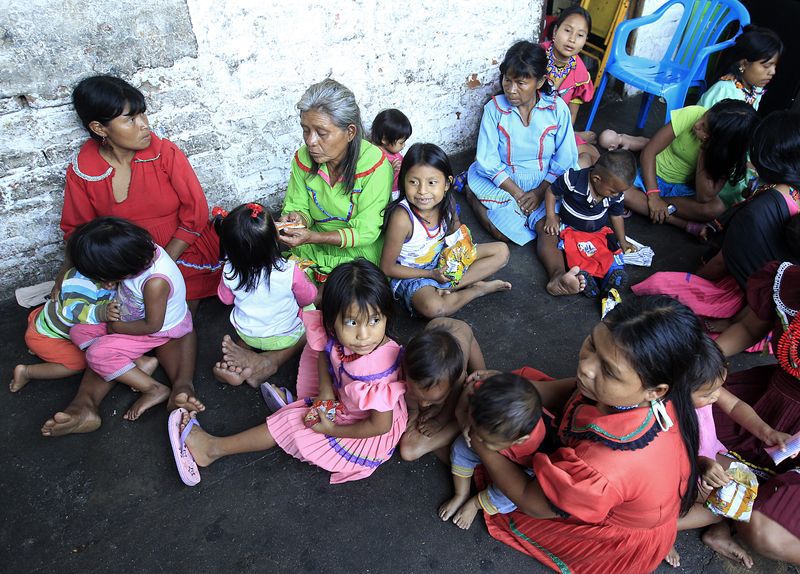
Latin America continues to experience a profound human rights crisis after being ravaged by the pandemic in the face of governments that limited access to vaccines and recovery in the region by agreeing with large companies, Amnesty International (AI) reported on Tuesday in its annual report.
“The complicity that States have had with large international corporations has violated labour rights. These big pharmaceutical companies that have produced the covid-19 vaccines have taken advantage of making profits in the detriment of Human Rights, generating a deep crisis,” Erika Guevara Rosas, director for the Americas of AI, told the EFE agency.
AI's report for 2021-2022, entitled “The Human Rights Situation in the World”, documents the individual situation in 144 countries and details how, two years after the start of the pandemic, Latin America remains the region most affected by covid-19.
Guevara Rosas noted that this is largely due to limited and unequal access to health care, underfunded public health systems, and inadequate social protection policies and measures for marginalized communities.
“Despite the progress in the covid-19 vaccine in many parts of the world, we know that (in Latin America) a very small percentage of the population, in resource-poor countries, has had access to the vaccine,” he lamented.
In this regard, he highlighted that, despite the fact that countries such as Cuba and Chile have managed to vaccinate 90% of the population against covid-19, unequal access to biological products remains a cause for concern.

In addition, he commented that before the emergence of covid-19 Latin America was already a region with enormous inequalities. “The pandemic has exacerbated this situation and put more than 9 million people on the list of those living below the poverty line,” the expert said.
According to data from the Pan American Health Organization (PAHO) in mid-March, the American continent has detected 149 million cases and 2.6 million deaths since the pandemic began two years ago.
IMPUNITY CONTINUES TO BE A THREAT
Guevara Rosas highlighted that impunity for serious human rights violations and crimes, under international law, continues to be of great concern in more than half of the countries of the region.
And, at the same time, attacks on judicial independence increased, he added. “We have seen how governments attack citizens themselves who take to the streets to demand accountability, to demand the fundamental exercise of rights, even in the context of the pandemic,” he said.
He regretted that governments, instead of addressing the injustices and inequalities affecting their citizens, have dedicated themselves to repressing those who peacefully protest and speak out to demand a “safer, fairer and more compassionate” world.
He added that in 2021 States deployed a growing range of tools and tactics to silence independent and critical voices.

Among them, he said, were threats, harassment, arbitrary arrests, unfounded prosecutions, unlawful surveillance, excessive use of force, enforced disappearances and unlawful killings. All these strategies to suppress the rights to freedom of expression, association and peaceful assembly.
“In the last year, in 2021, and despite the effect of the economic recovery, (States) have seriously violated the human rights of many people across the continent,” he said.
IN DEBT TO CLIMATE CRISIS AND SECURITY
Guevara Rosas mentioned that another area of concern is action against the climate crisis, which during 2021 remained limited.
“(We have) leading rulers who present simplistic solutions to the complex problems we face around the world, and in these years of the pandemic, efforts to address one of the crises that are endangering humanity have come to a standstill: the climate crisis,” he said.
While in the case of violence, the report shows that nations like El Salvador, Jamaica and Mexico continue to have higher rates than “even those countries that are in a situation of armed conflict in the Middle East or in other regions of the world,” Guevara Rosas said.
This, he said, has forced more than 6 million people to seek international protection.

He pointed out that people are losing their lives in a context where organized crime has a lot of influence and where governments don't do much to protect human rights.
The region, Guevara Rosas said, continues to be the “deadliest for human rights defenders and journalists.”
While gender-based violence remains a major concern throughout the region, measures to protect women and girls “are insufficient”.
THERE IS HOPE
For Guevara Rosas, despite this adverse global context, especially with regard to human rights, “there is also hope” thanks to the momentum that social movements such as “Black Live Matters” and the Green Tide have taken in the region.
In this regard, she recalled that the feminist movement in Latin America continued to gain strength since Argentina legalized abortion at the end of 2020.
In September 2021, the Mexican Supreme Court of Justice declared the criminalization of abortion unconstitutional, and in February 2022, the Colombian Constitutional Court decriminalized abortion in the first 24 weeks of pregnancy.
“We see the change in the citizens' narrative, of really putting information at the center and that, without a doubt, is an inspiring example to move forward,” he concluded.
(with information from EFE)
KEEP READING:
Últimas Noticias
Debanhi Escobar: they secured the motel where she was found lifeless in a cistern

The oldest person in the world died at the age of 119

Macabre find in CDMX: they left a body bagged and tied in a taxi
The eagles of America will face Manchester City in a duel of legends. Here are the details

Why is it good to bring dogs out to know the world when they are puppies




